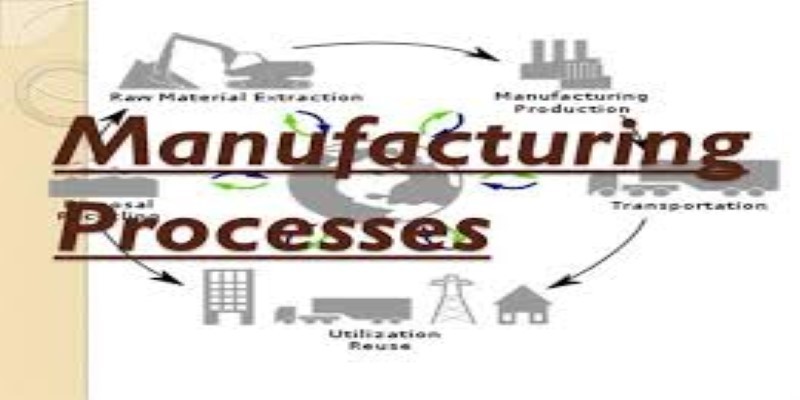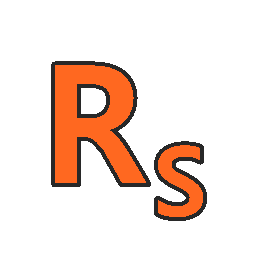
About Course
Mathematical Modeling of Manufacturing Processes. His understanding of the basic mechanics such as heat and mass transport with associated fluid flow including metallurgical transformation, distortion, and residual stress generation in different manufacturing processes is the focus of this course.
Understanding the complex interaction not only helps to develop a mathematical model, but it also makes the foundation for analysis, numerical simulation at different scales, and experimentation for different types of manufacturing processes.
The development of computational models for a manufacturing process relies on the mathematical expression of the governing mechanism. It helps to design relevant experiments and drives to find the data to be obtained. A mutual understanding between analytical/numerical and experimental results leads to a better insight into the basic manufacturing processes that impact the improvement of existing processes and directs the development of a new process. However, this course is completely different from the statistical or data-driven modeling approach.
This course emphasized the understanding of the most general to advanced manufacturing processes based on scientific principles. The complex mechanism is presented in a simplified way to understand the subject at the elementary level. The broad impact is that the students will be able to develop a physics-based computational model of the manufacturing process using a standard commercial package (However, this course does not intend to cover the learning of the commercial software).
INTENDED AUDIENCE: Bachelor/Master/Ph.D. students having a background in Mechanical/Material Science/Metallurgicalengineering/Production Engineering/Manufacturing Technology
Course Content
Mathematical Modeling of Manufacturing Processes
-
Mathematical Modeling of Manufacturing Processes [Introduction Video]
00:00 -
Lec 21: Heat source model in fusion welding
00:00 -
Lec 22: Heat transfer and material flow
00:00 -
Lec 23: Solidification in welding 1
00:00 -
Lec 24: Solidification in welding 2
00:00 -
Lec 25: Solid state welding 1
00:00 -
Lec 26: Solid state welding 2
00:00 -
Lec 27: Hybrid welding,residual stress and distortion
00:00 -
Lec 28: Cooling and solidification at different casting processes
00:00 -
Lec 29: Powder metallurgy
00:00 -
Lec 30: Principle of surface and coating technologies
00:00 -
Lec 31: Principle and development of additive manufacturing technologies-1
00:00 -
Lec 32: Principle and development of additive manufacturing technologies-2
00:00 -
Lec 33: Fundamentals of heat treatment
00:00 -
Lec 34: Evaluation of microstructural properties and residual stress
00:00 -
Lec 35: Down-scaling of conventional manufacturing processes and Micro-to-nano manufacturing
00:00 -
Lec 36: Packaging, micro-finishing and micro-manufacturing processes
00:00 -
Lec 37: Processing and shaping of non-metals and bio-materials
00:00 -
Lec 20: Physics of welding and metal transfer
00:00 -
Lec 19: Fusion welding processes -2
00:00 -
Lec 18: Fusion welding processes -1
00:00 -
Lec 1: Materials and manufacturing Processes – 1
00:00 -
Lec 2: Materials and manufacturing Processes-2
00:00 -
Lec 3: Physics based modeling approach at different scale
00:00 -
Lec 4 : Evaluation of Properties and process modelling
00:00 -
Lec 5: Thermofluid and electromagnetic analysis
00:00 -
Lec 6: Solid-state deformation and residual stress-1
00:00 -
Lec 7: Solid-state deformation and residual stress-2
00:00 -
Lec 8: Meltiing, solidification and additive manufacturing
00:00 -
Lec 9: Force and velocity diagram-1
00:00 -
Lec 10: Force and velocity diagram-2
00:00 -
Lec 11: Heat transfer analysis
00:00 -
Lec 12: Principal and mechanism at different processes-1
00:00 -
Lec 13: Principal and mechanism at different processes-2
00:00 -
Lec 14: Mechanics of bulk metal forming
00:00 -
Lec 15: Mechanics of sheet metal forming-1
00:00 -
Lec 16: Mechanics of sheet metal forming-2
00:00 -
Lec 17: Heat transfer and thermomechanical processing
00:00 -
Lec 38: Principle of glass and ceramics processing and their shaping
00:00
Student Ratings & Reviews

